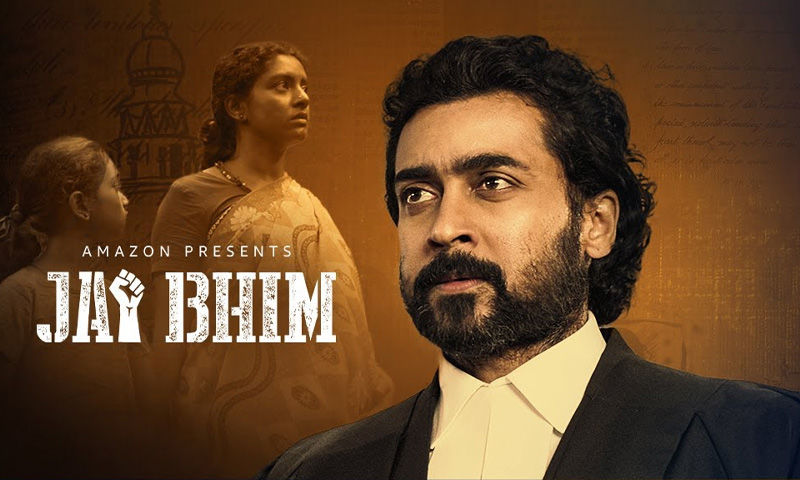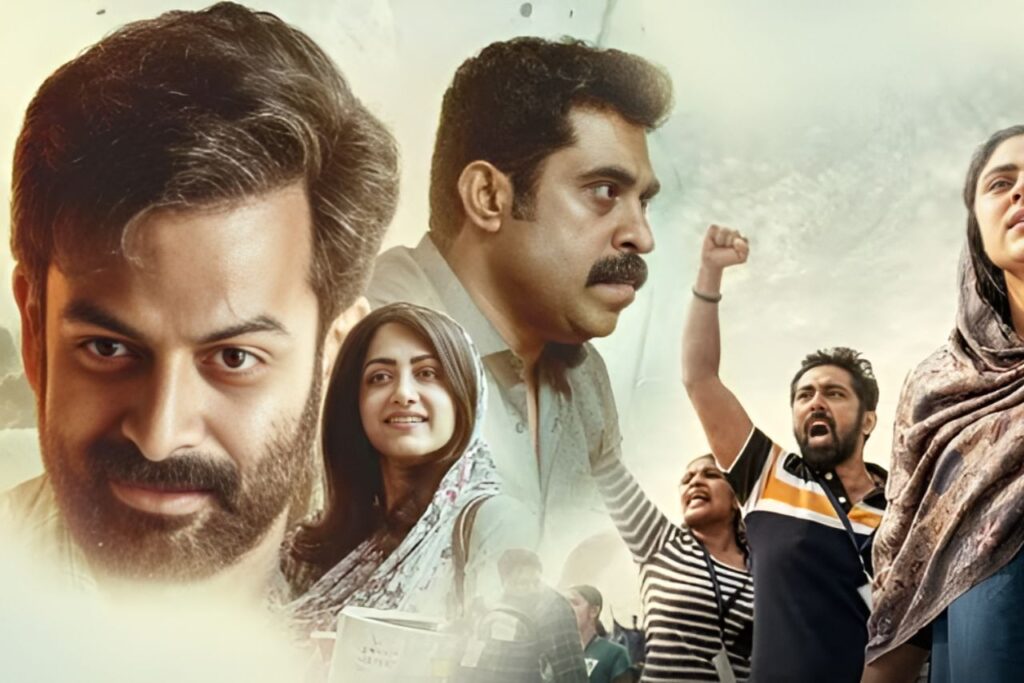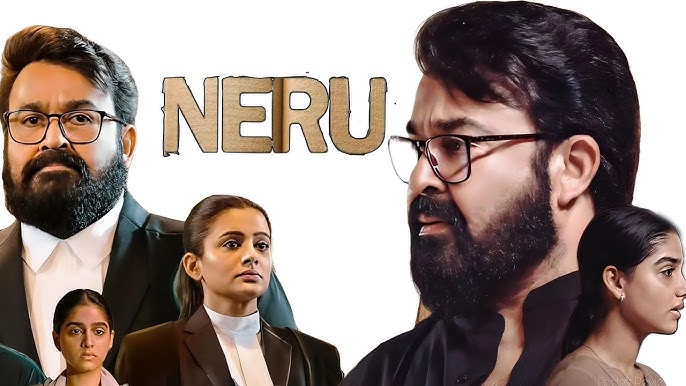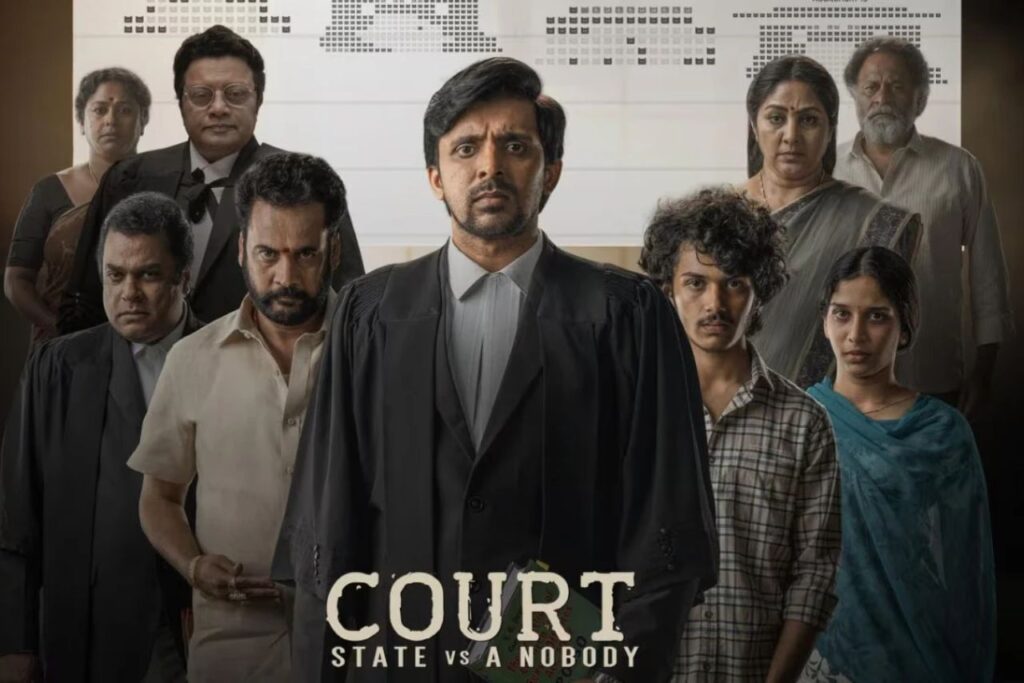Indian cinema has produced an impressive slate of courtroom dramas that are as engaging as they are challenging to the intellect, socially conscious, and committed to exploring systemic flaws. These films, which emanate from various regional industries, combine superior storytelling and iconic performances to provide powerful narratives regarding the pursuit of justice. This piece reflects on some of the greatest Indian courtroom dramas in various languages and considers why they have enjoyed popularity among viewers.
The Rise of Legal Dramas in Indian Production Movies
Courtroom dramas have emerged as a successful narrative genre in Indian cinema, offering filmmakers a defined genre through which they can address societal issues of complexity in the context of justice. Courtroom dramas typically include impassioned arguments, emotive testimonies, and dramatic revelations that captivate the audience while indirectly imparting significant social commentary. The genre has evolved significantly over time, shifting from simplistic representations of moral dilemmas to nuanced explorations of legal intricacies and moral concerns.
The success of these movies is that they can entertain and make entertainment out of educational content. They give the audience a glimpse of how the judicial system works and how it deals with significant social issues like caste discrimination, gender discrimination, religious discrimination, and corruption. By dramatizing real or fictional legal cases, these movies make the audience think about their own prejudices and biases.
Indian Courtly Masterpieces
Jai Bhim: Fighting for the Marginalized

“Tamil film ‘Jai Bhim’ (2021), featuring actor Suriya, has been well-received by critics as one of the best Indian courtroom dramas in recent cinema. Based on a real-life story that occurred in 1993, the film is about lawyer Chandru, who decides to take up the legal battle of a tribal woman whose husband was arrested and later went missing while in police custody. The film nicely focuses on the central issues of police brutality, casteism, and the plight of marginalized individuals in seeking justice. With a phenomenal IMDb rating of 8.7, ‘Jai Bhim’ illustrates how courtroom dramas can effectively point out social injustices as well as craft interesting cinematic narratives.”
Jana Gana Mana: Justice Beyond the Courtroom

The Malayalam film begins as a simple inquiry into the judiciary; however, the film soon becomes a political thriller. “Jana Gana Mana” (2022) draws inspiration from the investigation into the killing of a university professor, which turns into protests led by students. The film keeps its audience engaged with a multi-faceted plot that challenges ideas of nationalism, the moral responsibility of the media, and the essence of justice that is not obstructed by conventional legal frameworks.
Also Read…
Is Retro Movie Surya’s Real Comeback After Kanguva’s Flop? Here’s Our Review
Neru: Personal Trauma and Legal Battles

In the 2023 Malayalam movie, director Jeethu Joseph joins forces with actor Mohanlal to bring the story of Sara, a blind sculptor, who pursues justice after a traumatic experience. “Neru” explores how marginalized communities engage with the intricate legal system, focusing on the intersection of personal strength and institutional justice mechanisms. The movie explores the further hurdles to survivors of trauma as they attempt to gain access to justice in judicial arenas. Naandhi: Justice Delayed, Justice Denied
This introspective Telugu drama follows a man who is wrongly accused and then chooses to take on the system’s failure to him. “Naandhi” (2021) is characterized by its incisive examination of pre-trial detention, police abuse, and the psychological effects of wrongful conviction. The movie poignantly illustrates the belief that delayed justice is denied justice, particularly for individuals who possess no resources or social connections.
Court: State vs. A Nobody

This 2025 release is a modern interpretation of the Telugu courtroom genre with an emphasis on the story of young attorney Surya Teja. He defends the case of a 19-year-old boy falsely charged under the POCSO Act on the count of having a relationship with a 17-year-old girl. The story unravels the potential inherent in legal provisions as safeguards against exploitation and follows the degree to which power imbalance determines judicial outcomes. In his struggle against corruption and self-interest, Surya provokes intense self-reflection on the reasons behind the legal system.
Conclusion
Indian court dramas represent an important meeting ground of entertainment and social commentary. By dramatizing cases, these television series and films bring complex issues within reach, but also pose important questions about justice, fairness, and the law. They are the result of Indian cinema’s evolution from entertainment to a form that has the potential to influence social discussion and even initiate legal reform.
As Indian society remains grappling with issues of justice and equality, court dramas are bound to remain a required genre for the examination of these concerns. The continued popularity of such movies in several Indian languages is a testament to the demand of the public for stories that are not only entertaining but also intellectually stimulating and conducive to efforts toward a more equal society.
Writer : Pranjal Bapna
